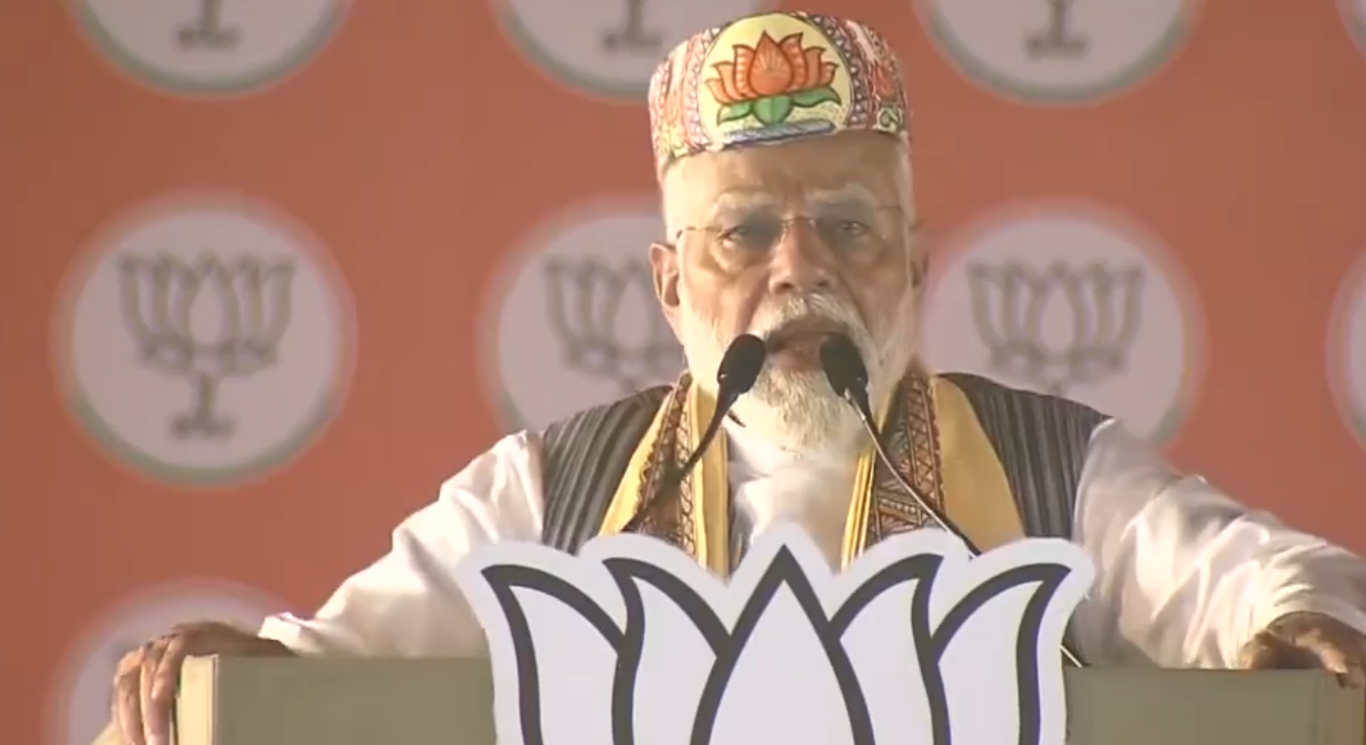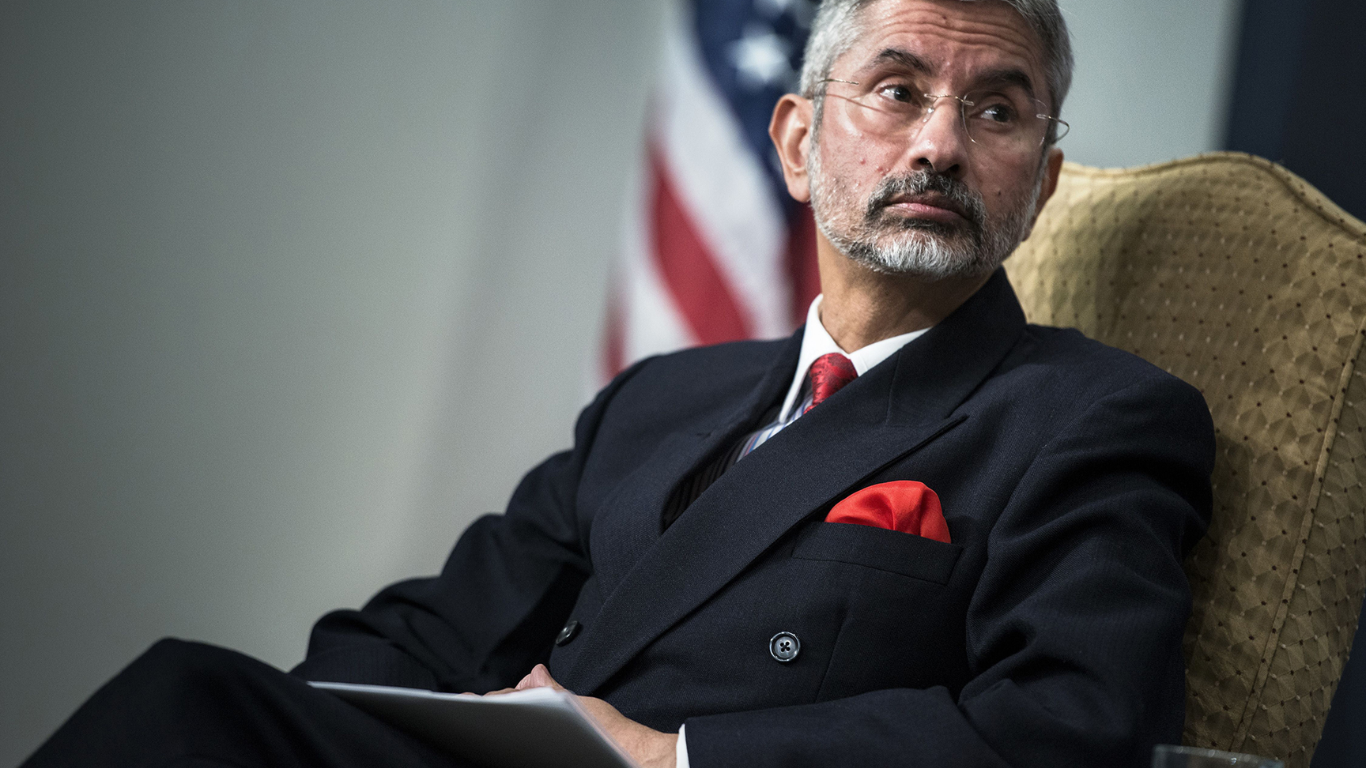




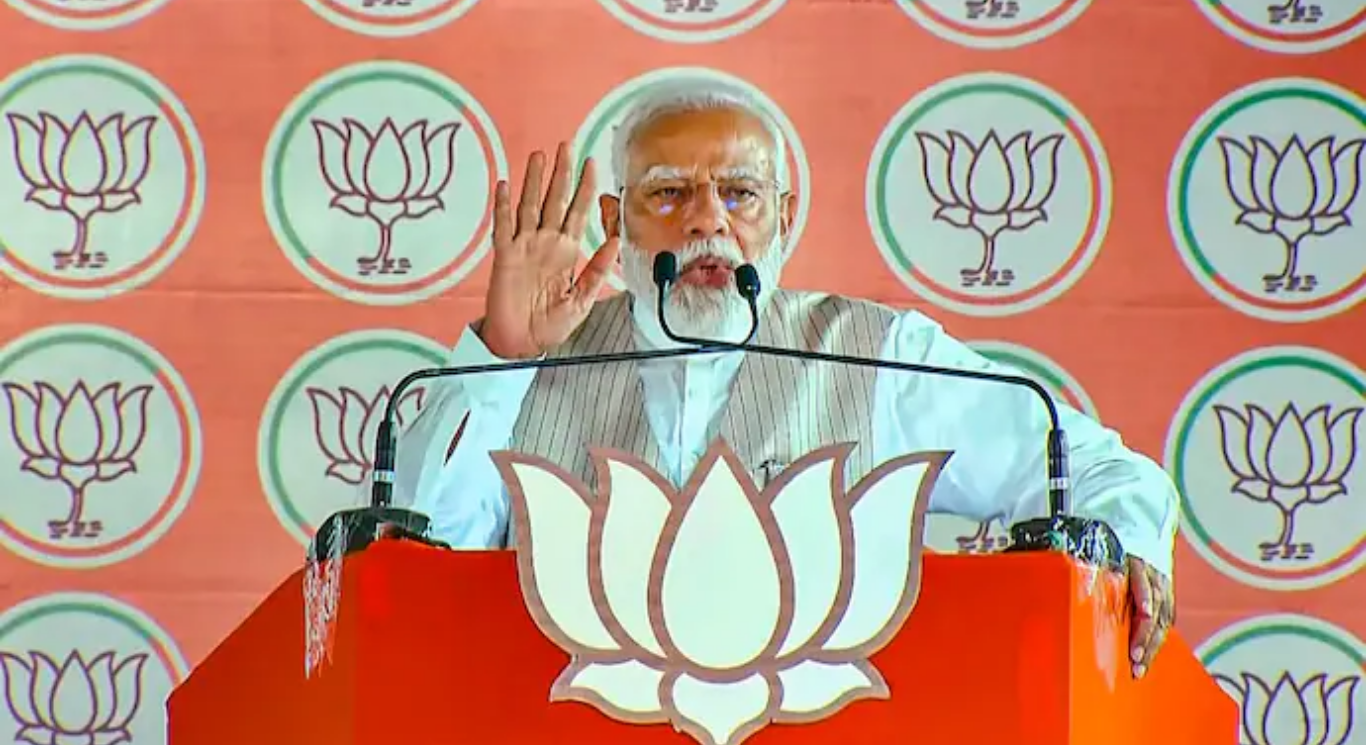
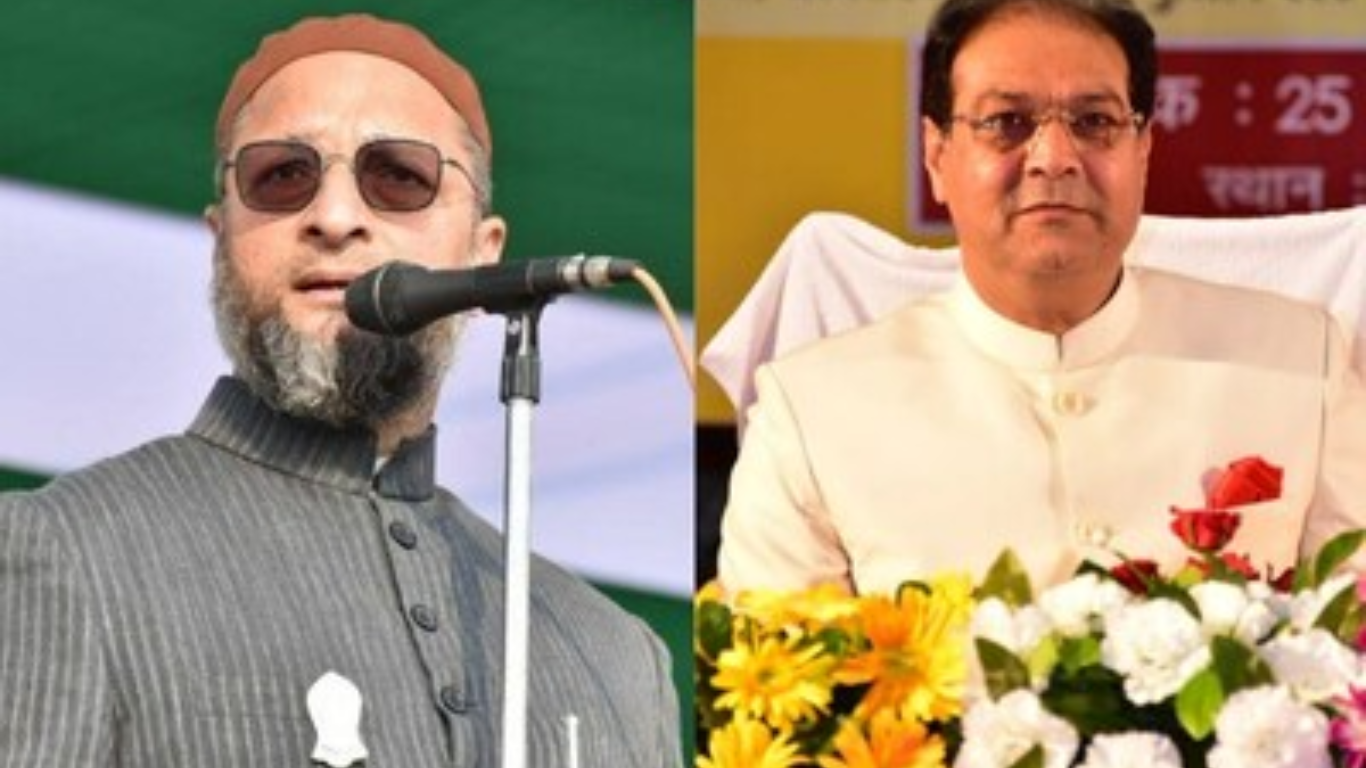
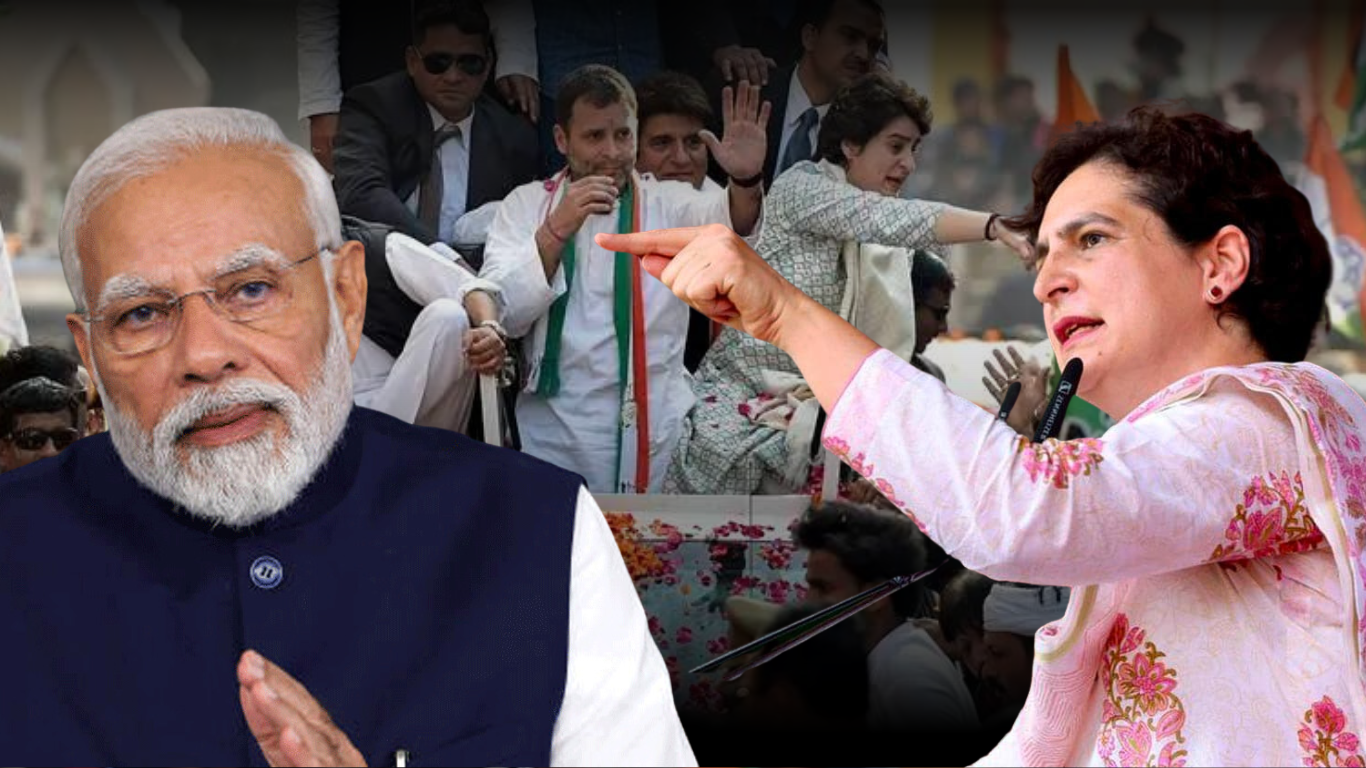

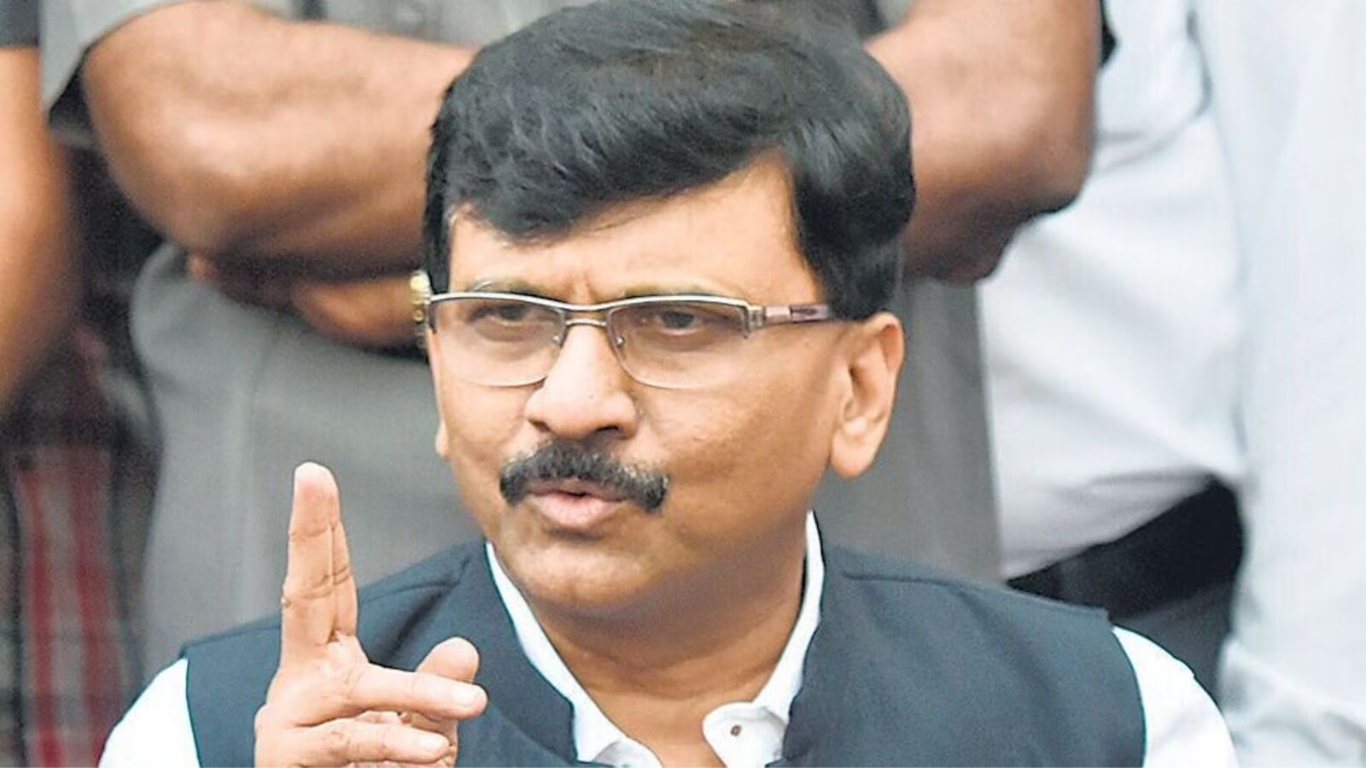
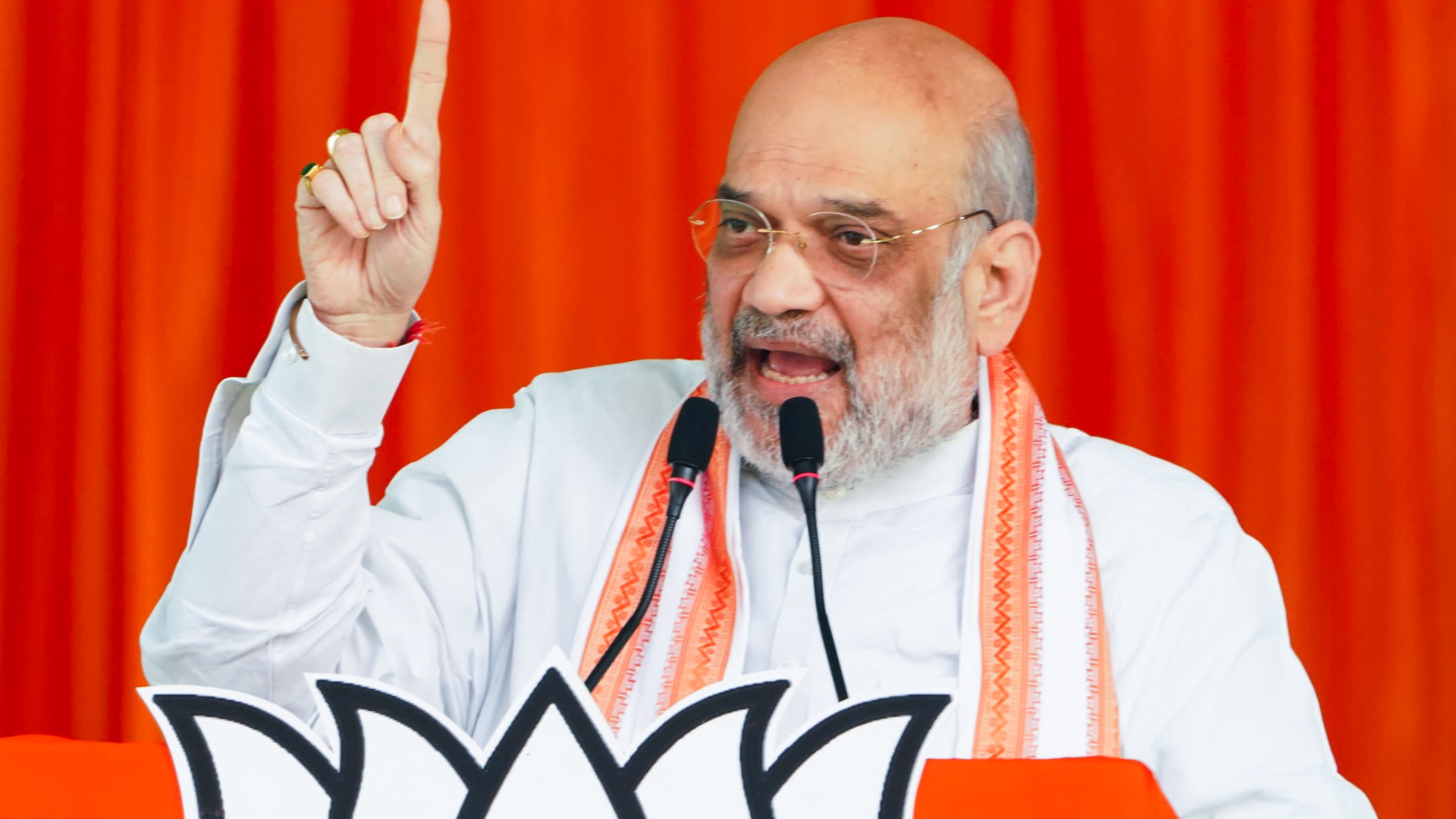
Shortly after the central government formally notified the Citizenship Amendment Act, Union Home Minister Amit Shah reaffirmed that the law is irreversible, asserting that the BJP-led administration stands firm on its implementation. In an interview with ANI, Shah emphasized the sovereign prerogative of India to grant citizenship and reiterated the government’s unwavering stance on the CAA.
Addressing concerns raised by opposition leaders regarding the potential repeal of the law, Shah dismissed such prospects, emphasizing the BJP’s clear majority and the unlikelihood of the opposition coming to power. He reiterated that the CAA was introduced by the BJP and the Narendra Modi-led government, underscoring its significance and the impossibility of its annulment.
Responding to criticisms labeling the CAA as unconstitutional, Shah defended the law, asserting its compatibility with Article 14 of the Constitution. He highlighted the reasonable classification within the law, emphasizing its purpose of offering refuge to individuals facing religious persecution in Afghanistan, Pakistan, and Bangladesh due to partition.
Speaking to ANI on CAA.
https://t.co/YEPMstF5vq— Amit Shah (Modi Ka Parivar) (@AmitShah) March 14, 2024
Regarding the timing of the CAA notification before the Lok Sabha elections, Shah refuted allegations of political opportunism, citing the BJP’s longstanding commitment to the legislation, as outlined in its 2019 manifesto. He emphasized that the delay in implementation was due to the COVID-19 pandemic and reiterated the BJP’s unwavering commitment to its agenda.
Shah dismissed accusations of political gain, reaffirming the BJP’s objective of providing rights and justice to persecuted minorities from neighboring countries. He condemned attempts to link the CAA with political motives, emphasizing its humanitarian essence and the need to address the plight of persecuted minorities.
Furthermore, Shah criticized opposition leaders for portraying the CAA as anti-Muslim, emphasizing the historical context of partition and the rationale behind the legislation. He underscored the moral obligation of the government to protect persecuted individuals and reiterated the CAA’s aim to provide refuge to minorities facing religious persecution.
Addressing concerns raised by Delhi’s Chief Minister and West Bengal’s Chief Minister, Shah challenged their assertions, asserting the law’s benign intent and dismissing claims of citizenship being revoked. He urged political leaders to refrain from divisive rhetoric and prioritize the welfare of persecuted minorities.
On March 11, the Union Home Ministry issued rules for the implementation of the Citizenship Amendment Act, marking a significant step towards fulfilling the government’s commitment to providing refuge to persecuted non-Muslim migrants from neighboring countries.



